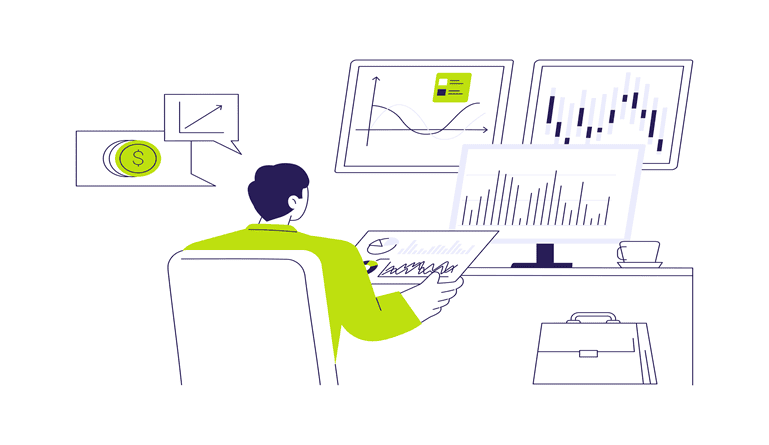Reduce your risk of risk with these ideas.
A business is an investment – protect yourself and your assets by understanding and mitigating risks.
What are the biggest risks to your business, and how can you prevent them? Risk management and mitigation needs to be a foundational part of every business plan. Understanding some of the biggest risks as a small business owner can help you understand how to prevent financial risk and avoid business problems. Here are some of the most common risks facing small businesses.
Risk to reputation: If your organization’s reputation is tainted, you could face severe financial problems from loss of revenue.
Product and supply chain risk: Not having enough control over your inventory or logistics can be dangerous if your supply and demand fluctuates, especially in the initial stages of growing a business.
Cybersecurity risks: Even small businesses need to have fully secure digital resources and databases. Don’t let your business size dictate the size of your security efforts – cybersecurity risks are real for businesses of every size and an attack could potentially cause major problems, including loss of income from a DDoS attack on an ecommerce operation.
Steps to Mitigate Financial Risk
What steps can your small business take to mitigate financial risk? Here are some risk mitigation strategies to consider.
Have a plan: The internet and funding platforms like Kickstarter have made it easier than ever for entrepreneurs to follow their business dreams. While the dream is important to start your business, a plan is important to keeping it stable and scalable. Small businesses can practice smart financial risk mitigation from the beginning with a solid business plan – budgets, tangible goals, going-to-market strategies, advertising tactics all need to be thought about and accounted for no matter the size of the business.
Limit loans and stick to a budget: Businesses need funding to start, but you don’t want to start out your small business venture too deep in debt. Additionally, you don’t want to be a successful small business who has good sales and profitable business model but keeps blowing revenue or exceeding budget. Having less money tied up in loans is a smart way to avoid financial disaster, and strategically sticking to a budget is a key element in financial risk management. This doesn’t mean don’t invest in good technology, capable people, or solid marketing efforts – it means be smart and creative and seek balance to keep your budget in balance.
Keep excellent records: It seems like such a small thing but keeping receipts and organized files is one way to prevent huge financial mishaps. Records are proof – proof that a company owes you money on an invoice, proof that you paid your contractors, proof that your taxes are in order. Records are essential to having a true picture of your business’s financial standing.
Be flexible: This might seem like contrary advice to having a plan, but flexibility has proved to be a good financial risk mitigation tool for many businesses. Having a plan means you know how to start and what steps to take as you establish yourself – it doesn’t mean never listening to advice or considering other options as things unfold and you discover what might be a better plan for your business. Don’t be afraid to learn from the mistakes of others or to deviate from your original plan if you and your team have found a better one.
Hire professionals: Whether it’s a liability insurance policy or an expert who can help you run a comprehensive financial risk analysis, it might be a good idea at some stage of your small business development to call in the pros and invest some of your hard-earned money in the interest of protecting it.




